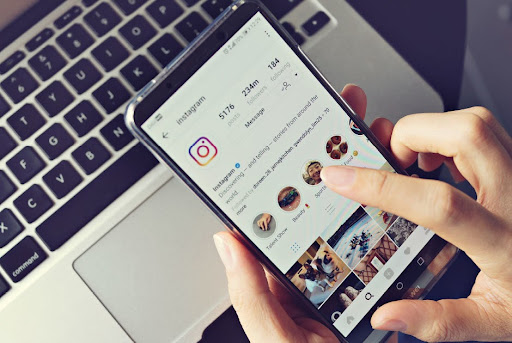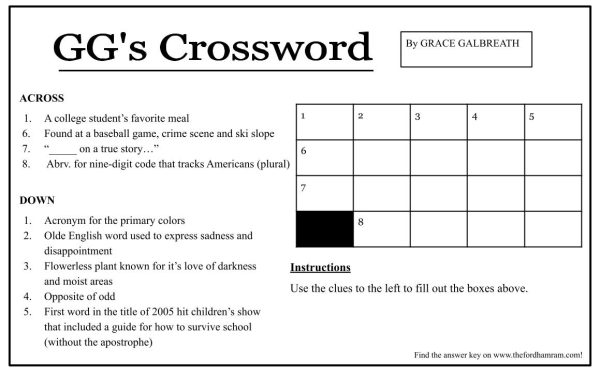Instagram Pauses Development on “Instagram Kids” App

Facebook downplayed internal research that found Instagram had a negative impact on teen girls’ mental health. (Courtesy of Flickr)
Instagram released a statement on Sept. 27 that they would be pausing the development of their new “Instagram Kids” app: an Instagram experience created for users under 13. On their blog they said: “While we stand by the need to develop this experience, we’ve decided to pause this project. This will give us time to work with parents, experts, policymakers and regulators, to listen to their concerns and to demonstrate the value and importance of this project for younger teens online today.”
Instagram announced the beginning of the development of a new Instagram app tailored specifically to 10-12 year olds in March 2021. This announcement came in conjunction with the announcement of updated privacy features and parental controls for users 13-17 years old. In response to critique over creating a social media platform for young kids, Adam Mosseri, the head of Instagram, said: “The reality is that kids are already online, and we believe that developing age-appropriate experiences designed specifically for them is far better for parents than where we are today.”
This new version of Instagram would give parents complete supervision over their childrens’ accounts, including who they follow and chat with and how much time they spend on the app, as well as only displaying age-appropriate content. Additionally, parents would have to give permission for their kids to download the app in the first place.
Instagram has several protections for users under 18 including anti-bullying features like turning off negative comments, automatically privating accounts of those under 16 and adding a “take a break” feature where users can pause access to the app. Additionally, users over 18 are prohibited from messaging minors that don’t follow them, and certain ads are prohibited from being pushed to minors. To combat users lying about their age to be able to use the app before they have met the 13-year-old age minimum, Instagram automatically deletes accounts of those found to actually be under 13. The creation of the “Instagram Kids” app was intended to give younger users a similar experience where they could talk to their friends and share photos while keeping them safe from the predatory behaviors and negative mental health effects of the regular app.
Many were outraged at the development of social media designed for young kids, especially with the ongoing concerns over Instagram’s effect on teen mental health. In September, the Wall Street Journal released Facebook’s internal research into Instagram and Facebook’s effects on mental health. This internal investigation found that one in three girls experienced worsened body image issues after using the app and that many teens blame Instagram for developments of depression, anxiety and eating disorders. These issues were found to be linked to the app’s emphasis on posting only “perfect” photos and showing only the best parts of one’s life. Instagram is different from other popular forms of social media as it highlights peoples’ bodies and lifestyles as opposed to their faces, like Snapchat, or their senses of humor or performance ability, like TikTok.
Mark Zuckerberg and Adam Mosseri’s responses downplaying the aforementioned caused further bothered uproar. At a congressional hearing in March 2021, Zuckerberg failed to reference the findings saying “the research that we’ve seen is that using social apps to connect with other people can have positive mental-health benefits.” Later, Mosseri described Instagram’s effects on teen’s mental health as being “quite small.”
After coming under fire for the beginning of the development of “Instagram Kids,” Antigone Davis, the director of safety at Facebook, spoke at a senate hearing about protecting kids online. Davis referenced Harvard studies on how teens viewed social media and its effects on mental health. She described the findings of a survey given to teen boys and girls about how social media affected 12 issues like depression, anxiety and body image issues. Teen girls said Instagram improved 11 out of 12 of the issues and teen boys said Instagram improved all 12.
Many were still concerned about the effect of social media on young kids, even with the development of a more protective app. Zuckerberg was questioned about the effect of Instagram on young kids’ mental health. When asked if this had been researched he was unsure, saying, “I believe the answer is yes.” Furthermore, Facebook said that it is unaware of an expert consensus over how much screen time is “too much” for kids.















